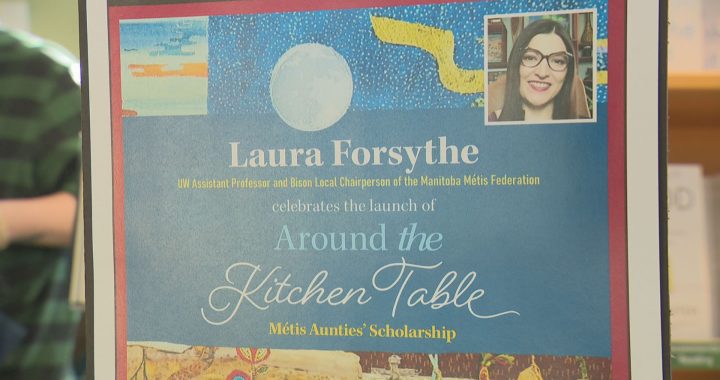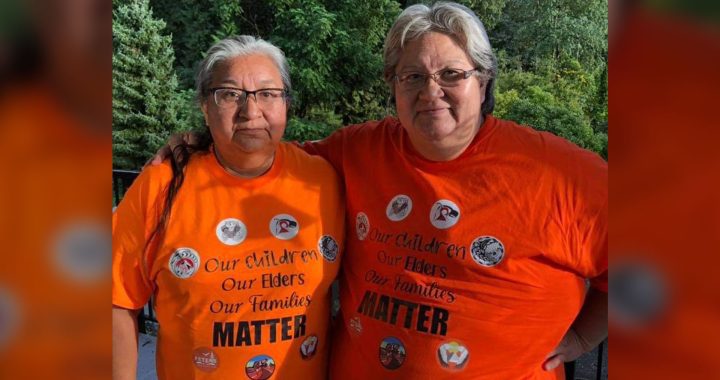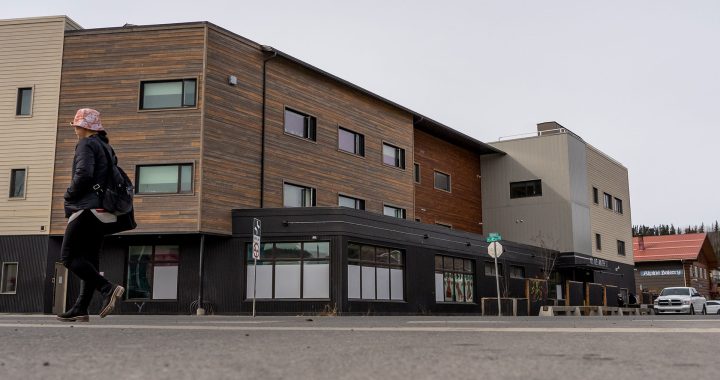Quebec Superior Court ruling ‘slap in the face’ for some Mohawks in Kahnawà:ke
Some residents of the Mohawk community of Kahnawake say the fact that a “marry out get out” law had to go to court. Quebec’s Superior Court of Justice has ruled the so-called ”marry out, get out” provisions of a membership law on the books in Kahnawake are unconstitutional.
Some residents of the Mohawk community of Kahnawake say the fact that a “marry out get out” law had to go to court. Quebec’s Superior Court of Justice has ruled the so-called ”marry out, get out” provisions of a membership law on the books in Kahnawake are unconstitutional.
The sections, which Kahnawake authorities said were designed to preserve Mohawk culture, are discriminatory and violate the federal Charter of Rights and Freedoms, Quebec Superior Court Justice Thomas Davis wrote in a ruling.
The case was heard in court last year over provisions commonly referred to as “marry out, get out,” which state anyone who marries a non-Indigenous person can no longer live on the reserve just south of Montreal.
In his ruling, the judge said federal government actions over the years have disadvantaged the Mohawks because they had lands expropriated and for many years were discouraged from practising their own culture.
But Davis noted that none of the chiefs who testified were able to provide objective evidence that mixed marriages have an impact on land use or erosion of Mohawk culture.










Thank goodness for this ruling. Why should someone be tossed out of their community for love? It is a form of intolerance stemming from weakness and xenophobia.
I understand your argument. But it is important to remember that the belief that romantic love trumps all other goals, is itself a very Western/settler perspective.
Traditionally, the love of one’s children and people was much stronger than romantic relationships. Mohawks made great sacrifices to protect their people in the past.
Why is it that Western romantic love should be the ultimate goal that trumps all others?
Thank goodness for this ruling. Why should someone be tossed out of their community for love? It is a form of intolerance stemming from weakness and xenophobia.
I understand your argument. But it is important to remember that the belief that romantic love trumps all other goals, is itself a very Western/settler perspective.
Traditionally, the love of one’s children and people was much stronger than romantic relationships. Mohawks made great sacrifices to protect their people in the past.
Why is it that Western romantic love should be the ultimate goal that trumps all others?
This comment is coming from the heart – the Mohawk language is very important.
“But Davis noted that none of the chiefs who testified were able to provide objective evidence that mixed marriages have an impact on land use or erosion of Mohawk culture.”
The reason the chiefs could not point to academic research on the impact of mixed marriages on Mohawk language and culture, is because very few researchers are studying this very important issue.
However, it is clear from academic research of other indigenous peoples, that when an indigenous language-speaker marries an Anglophone who chooses not to learn the language, it is much more likely that English will become the language of the home.
To address this factor, I truly believe that non-Mohawks married to Mohawks, should learn the Mohawk language.
Maybe the membership law should be amended, so that non-Mohawks married to Mohawks, can live on the reserve if they learn the Mohawk language.
This comment is coming from the heart – the Mohawk language is very important.
“But Davis noted that none of the chiefs who testified were able to provide objective evidence that mixed marriages have an impact on land use or erosion of Mohawk culture.”
The reason the chiefs could not point to academic research on the impact of mixed marriages on Mohawk language and culture, is because very few researchers are studying this very important issue.
However, it is clear from academic research of other indigenous peoples, that when an indigenous language-speaker marries an Anglophone who chooses not to learn the language, it is much more likely that English will become the language of the home.
To address this factor, I truly believe that non-Mohawks married to Mohawks, should learn the Mohawk language.
Maybe the membership law should be amended, so that non-Mohawks married to Mohawks, can live on the reserve if they learn the Mohawk language.